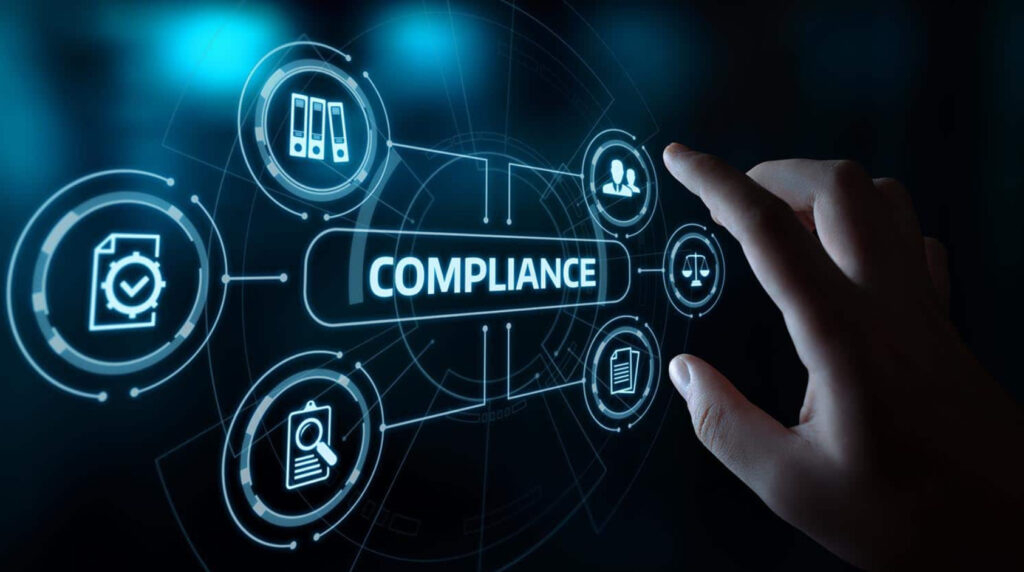In today’s digital landscape, where data reigns supreme, navigating the complexities of data consent has emerged as a critical challenge for organizations seeking to maintain trust and uphold ethical standards. With the ever-growing importance of data privacy, businesses across industries are compelled to ensure compliance with stringent regulations while also fostering transparent and ethical practices in their data handling processes.
Effective management of data consent not only involves obtaining explicit permission from individuals before collecting or processing their personal information but also demands clear communication regarding how their data will be used, shared, and protected. By prioritizing transparency and providing individuals with the necessary information to make informed decisions about their data, organizations can foster a culture of trust and accountability.
Moreover, navigating data consent extends beyond mere legal compliance; it embodies an organization’s commitment to ethical integrity and respect for individual privacy rights. Ethical considerations in data consent encompass issues such as minimizing data collection to what is strictly necessary, safeguarding sensitive information, and empowering individuals to exercise control over their personal data.
In essence, effectively navigating data consent requires a multifaceted approach that integrates clear policies, transparent communication, and informed consent practices. By adopting such an approach, organizations can not only ensure compliance with regulatory requirements but also build stronger relationships with their customers and stakeholders based on trust, transparency, and ethical values.

Ensuring Compliance and Trust
"In today's digital world, navigating data consent is crucial. Stringent privacy regulations like GDPR and CCPA emphasize compliance, transparency, and trust-building through clear communication. Upholding ethical data standards preserves customer loyalty and brand reputation."
This article emphasizes the critical need to ensure compliance, both legally and ethically. By focusing on transparent communication and strong consent mechanisms, organizations can build trust and transparency with individuals.

